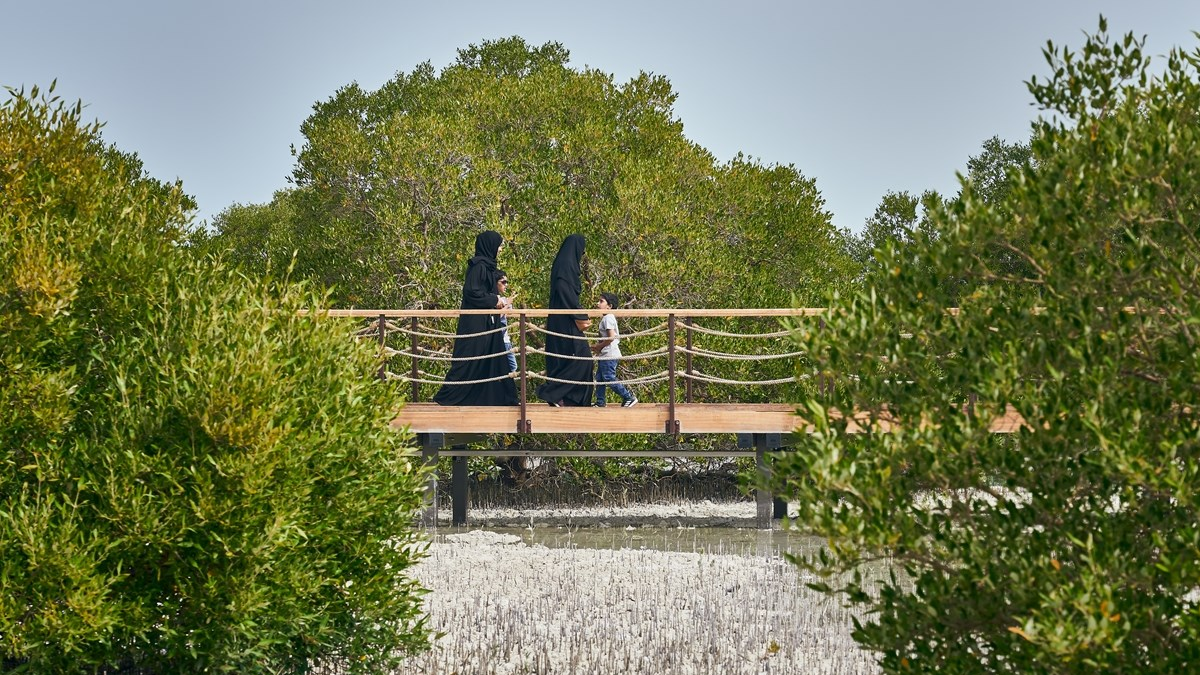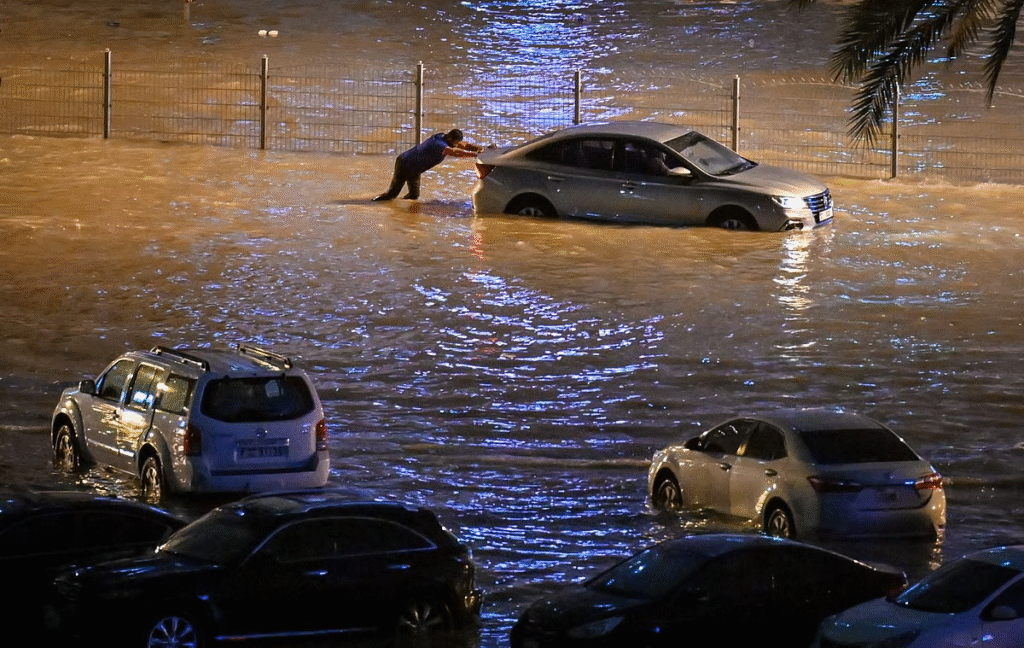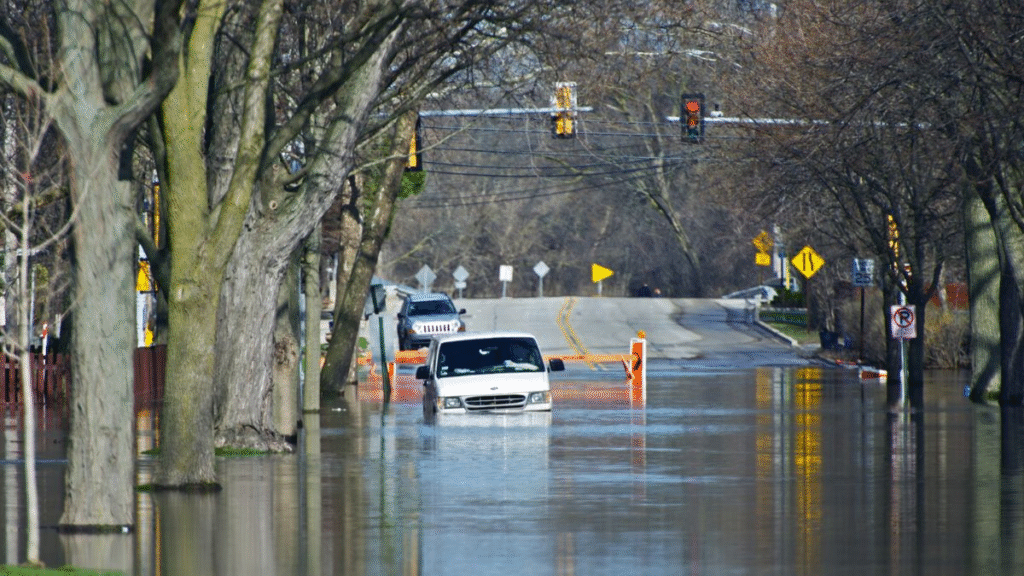Now Reading: UAE Drivers Shocked: Insurance Denies Hydrolock Engine Claims 2025
-
01
UAE Drivers Shocked: Insurance Denies Hydrolock Engine Claims 2025
UAE Drivers Shocked: Insurance Denies Hydrolock Engine Claims 2025

Table of Contents
Dubai, UAE — As heavy rainstorms continue to hit parts of the United Arab Emirates, more car owners are discovering a shocking gap in their vehicle insurance coverage. Drivers who venture through flooded streets and end up with a hydrolocked engine are learning the hard way that their insurers often refuse to pay for the damages.
Hydrolock, or hydraulic lock, happens when water enters a car’s engine cylinders, stopping the pistons from moving. Since water cannot be compressed like air, the engine parts bend or break, causing extensive damage. Repairs can easily cost tens of thousands of dirhams, or even more if the entire engine needs replacement.
Yet, to the dismay of many motorists, UAE insurers typically reject hydrolock claims, arguing that driving through flooded roads amounts to driver negligence. This leaves vehicle owners fully responsible for the repairs — even if they have comprehensive insurance coverage.
What is Hydrolock and Why is it So Dangerous?

Hydrolock is a term that every UAE driver should understand, especially during the rainy season or after sudden storms. When a car passes through deep water, the water can be sucked through the air intake and pushed into the engine cylinders. Since engines rely on compressing air to ignite fuel, the sudden presence of water — which does not compress — causes mechanical failure.
This can result in bent connecting rods, damaged pistons, cracked engine blocks, or even a completely destroyed engine. In many cases, a hydrolocked engine cannot be repaired and needs a full replacement, with costs reaching AED 30,000–50,000 or more, depending on the vehicle.
Why Insurance Companies Reject Hydrolock Claims
In the UAE, car insurance companies frequently reject claims related to hydrolock, arguing that driving through flooded roads is a “reckless act” by the driver. Most standard comprehensive policies include a clause excluding coverage for damage caused by driving through standing water or floods.
A spokesperson from a leading UAE insurer explained:
“If water levels are visibly high, it is the driver’s duty to avoid entering those roads. Choosing to proceed through flooded streets is seen as negligence, which is not covered under insurance terms.”
That means even drivers with full coverage could face rejection if they damage their engines in a flooded area. Many motorists only discover this clause when it is too late.
What Drivers Can Do to Protect Themselves
Given that weather patterns are becoming more unpredictable in the UAE, drivers need to take extra care to avoid flooded roads during and after storms. Here are some simple but vital precautions:
Avoid flooded streets — If you see standing water, turn around and find a different route.
Wait for authorities to clear roads — Dubai Police and local municipalities usually inspect and declare roads safe after flooding.
Consider special add-on insurance — Some insurers offer optional natural calamity covers or add-ons that might help in rare cases of water damage. However, even these may not cover damage if you drive directly into water.
Understand your policy — Always read your insurance policy carefully and ask your agent specifically about hydrolock and flood-related exclusions.
Voices From Affected Drivers
Many UAE residents who suffered hydrolock damage after last year’s record rains have expressed their frustration.
A Dubai resident, Hassan R., shared his experience:
“I had a comprehensive policy and thought I was fully protected. When my car stalled after going through water near my house, the engine was completely gone. Insurance refused to pay, calling it my mistake. I had to take a loan to replace the engine.”
His story is echoed by hundreds of motorists across the UAE, who assumed “comprehensive” meant all risks were covered. Unfortunately, the fine print on flood-related damage tells a different story.
Legal Options and Complaints
Some car owners have tried to dispute their insurance rejections through the UAE’s Insurance Authority (now under the Central Bank of the UAE), but results are mixed. Insurers often argue that policy terms are clear, and authorities typically uphold exclusions for driving through water unless drivers can prove there was no way to avoid it.
Legal experts say that unless the driver can demonstrate they had no reasonable choice but to drive through a flood, there is little chance of overturning the rejection.
Increasing Awareness
As climate change affects regional weather, the risk of sudden storms and flash floods in the UAE is expected to rise. Insurance experts urge drivers to become more aware of the hydrolock risk and to change driving habits accordingly.
Car manufacturers and mechanics also recommend never starting a car after it has been submerged or partially flooded, since attempting to restart a wet engine is one of the leading causes of hydrolock damage.
Government Initiatives

Authorities in Dubai and Abu Dhabi have increased public warnings during storms and improved road drainage systems. Nevertheless, experts stress that personal caution is still the best defense against costly hydrolock damage and insurance denials.
The UAE government has also been running campaigns encouraging drivers to monitor weather alerts and avoid flooded underpasses, which are especially dangerous during sudden downpours.
Final Thoughts
Hydrolock is a devastating and expensive mechanical failure that more UAE drivers are unfortunately experiencing as extreme weather becomes more common. Without proper awareness, many motorists remain under the false impression that their insurance will cover everything, only to be shocked when faced with a rejected claim.
The best strategy is prevention: stay off flooded roads, learn about your insurance coverage, and invest in optional natural calamity extensions if available. In the end, it is better to wait a few hours than risk an engine worth tens of thousands of dirhams — and an insurance rejection that could leave you paying the bill alone.
Read More:- Deyaar’s Latest Announcement Shakes Up the UAE Property Market





















